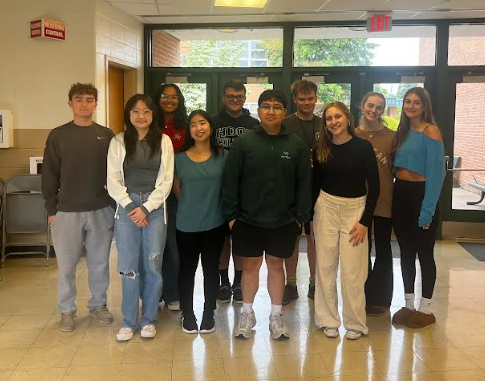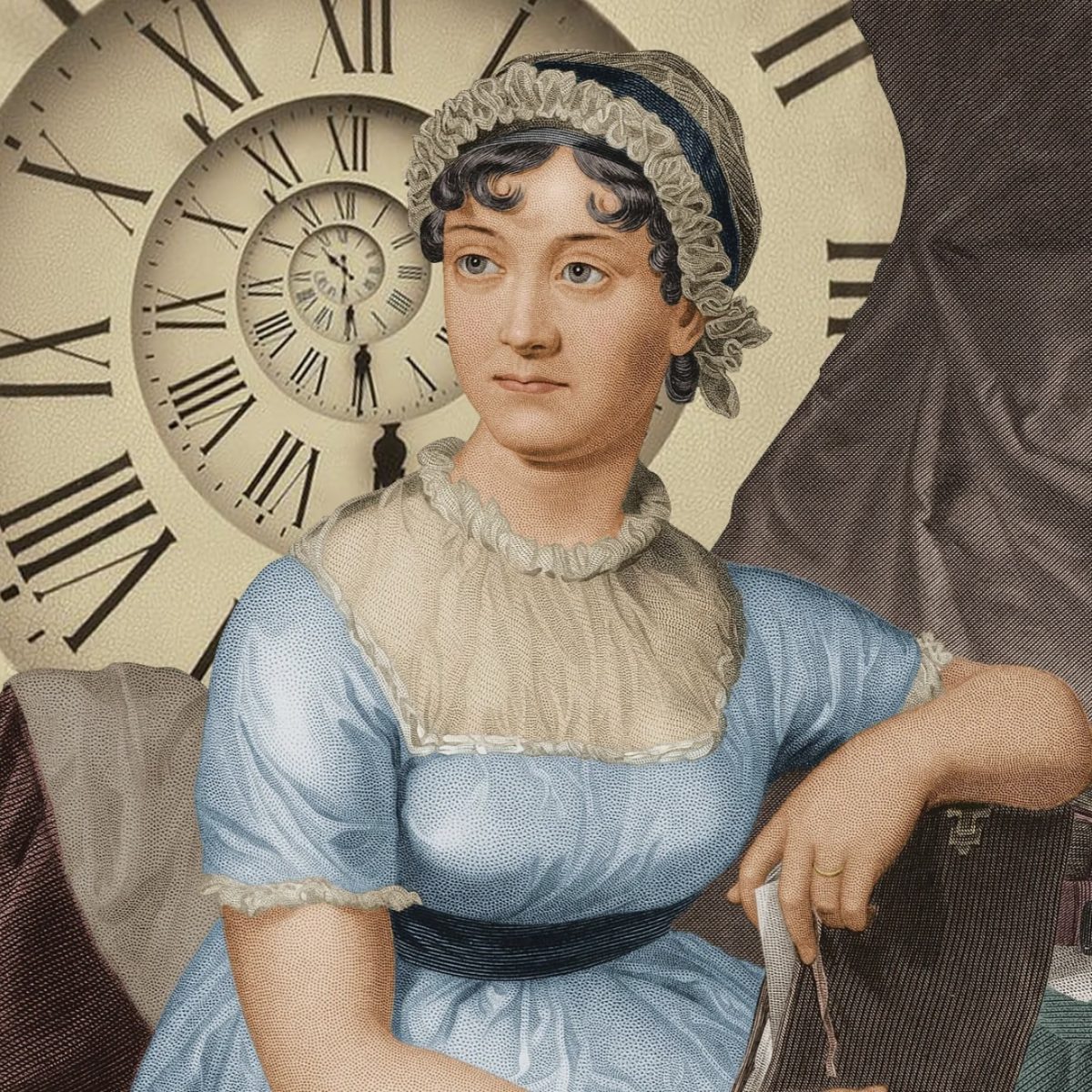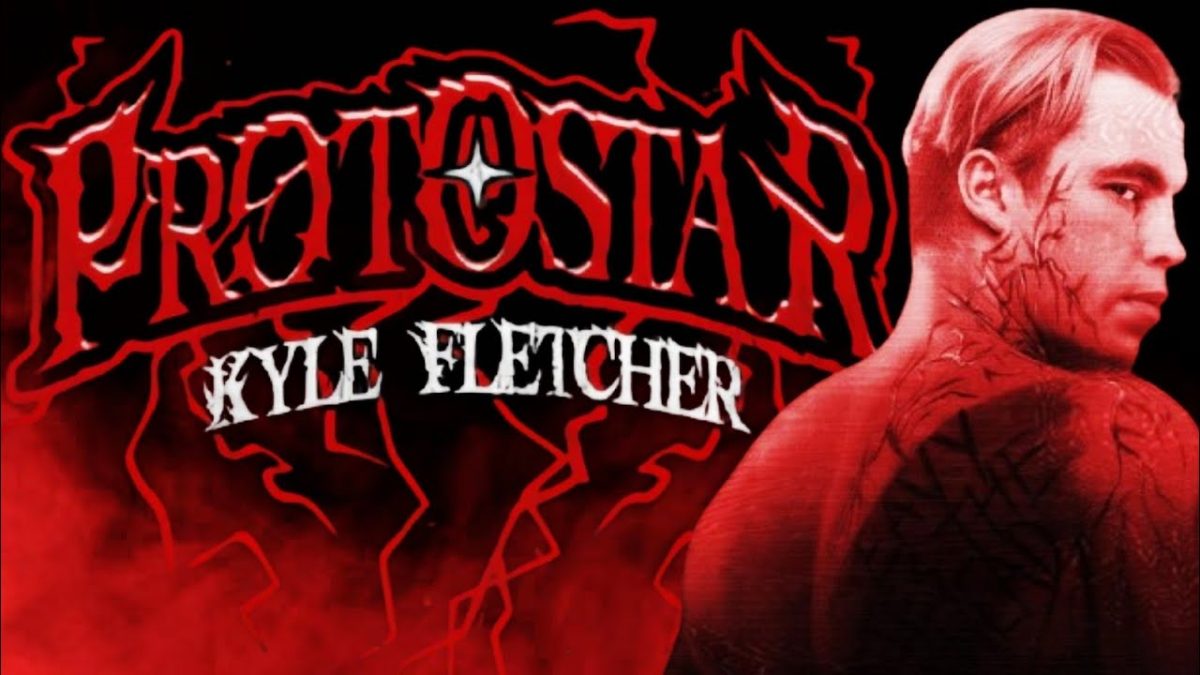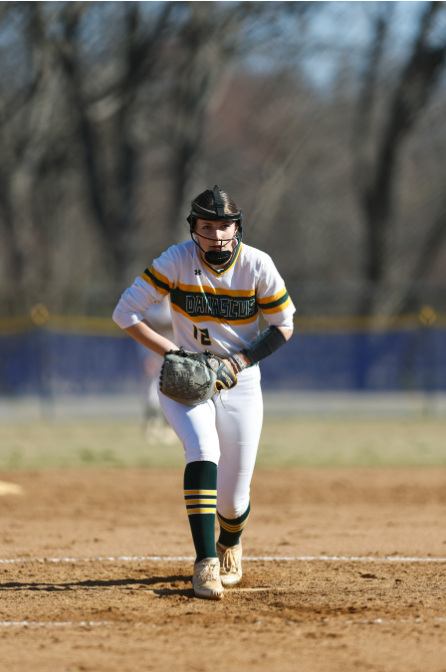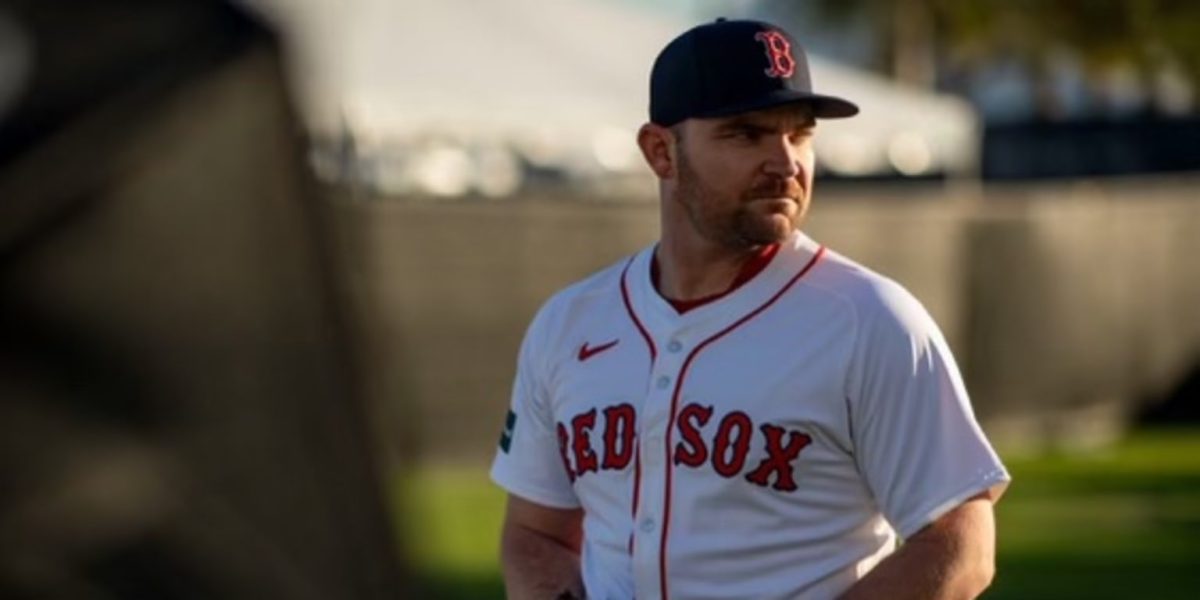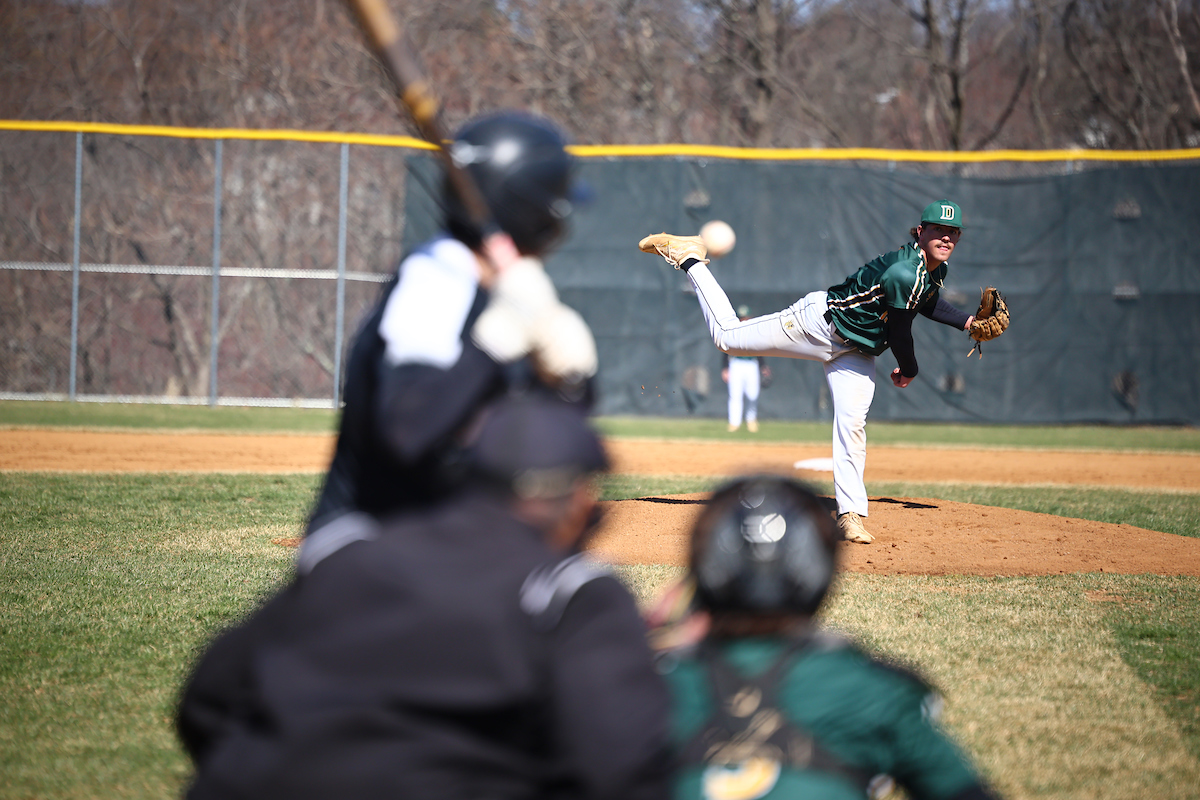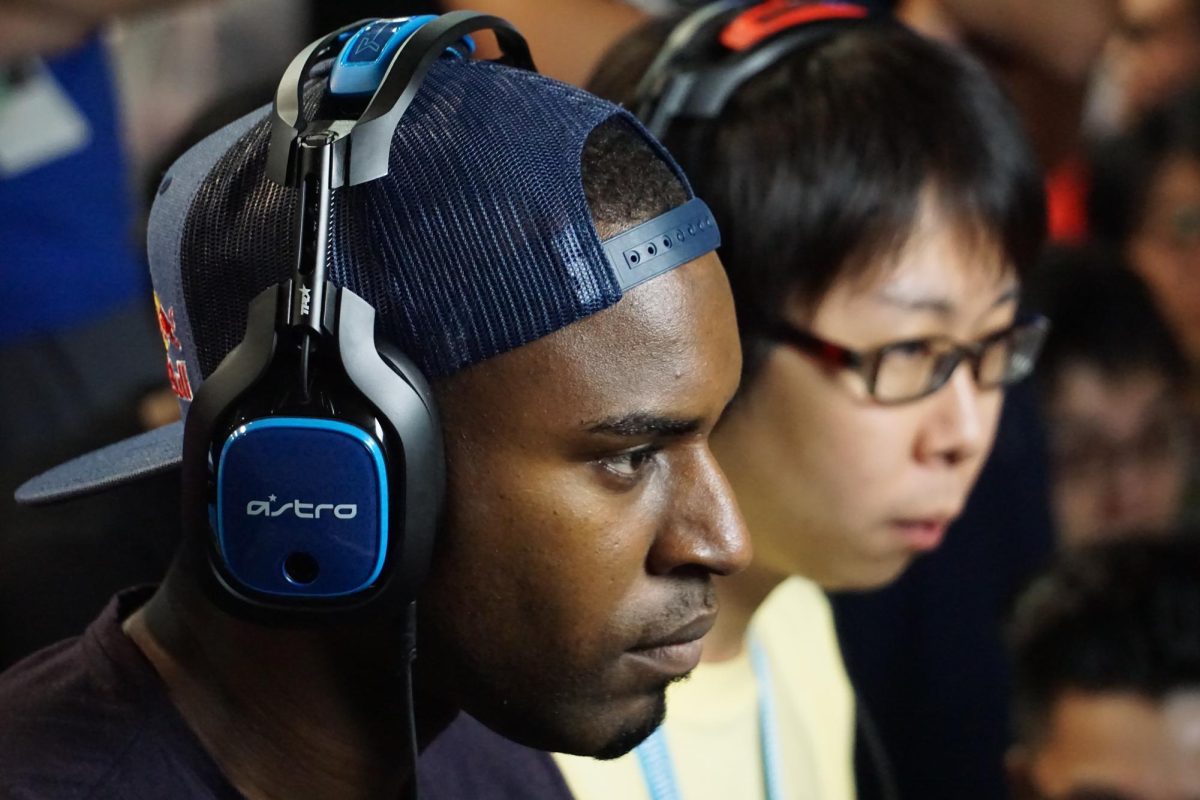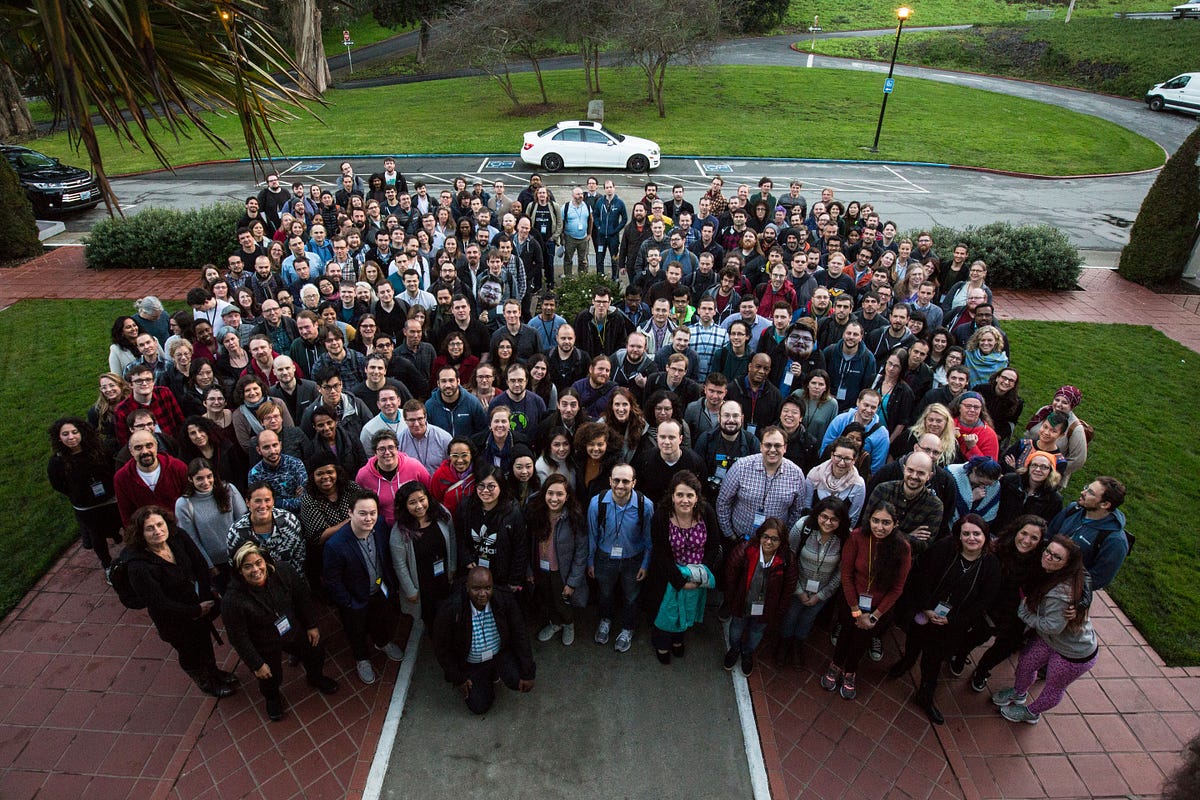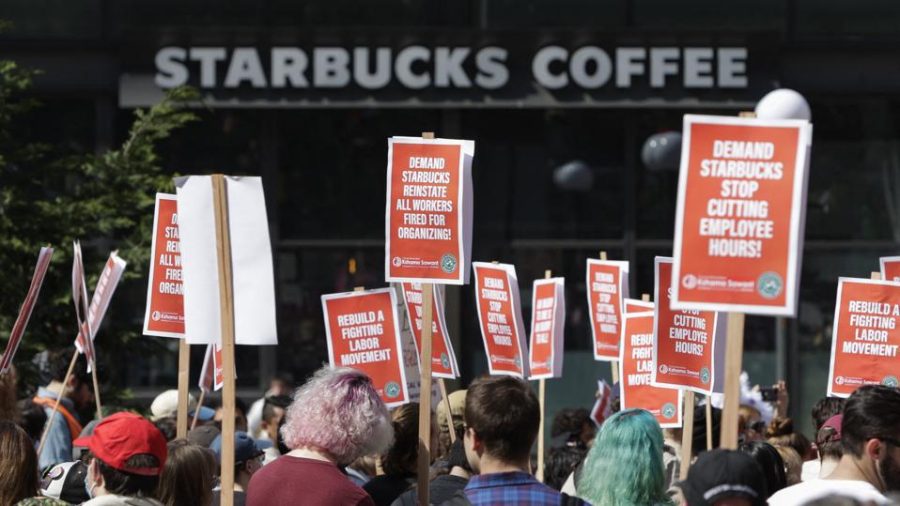The Rapid Rise and Fall of Starbucks Labor Unions
Starbucks workers protest against the anti-union actions of the company (Forbes, 2022).
November 18, 2022
At this time last year, Starbucks possessed zero labor unions. As of October 2022, over 250 stores have voted to unionize under Starbucks Workers United – much to the dismay of Starbucks leaders, including CEO Howard Schultz.
Although the United States’ workforce safety and advancement was built upon the labor unions until the 20th century, unions began to decline in the latter part of the 1900s due to foreign outsourcing, globalization and employer pushback. However, during the COVID-19 pandemic, Starbucks employees, in the midst of many other corporate workers, were considered “essential,” forcing them to risk their health in order to continue serving customers coffee and baked goods.
Despite Starbucks being renowned for their progressive stances and outstanding benefits (health insurance for part-time employees, parental leave, college tuition aid, etc.), workers felt undervalued for their hard work. Minor issues prior to lockdown became exemplified as part-time Starbucks baristas became front-line workers in a global health crisis. In the wake of the pandemic, as the new generation of workers began to reevaluate their status in their company and society at large, corporate labor unions began to gain popularity and stamina for the first time in over 50 years.
On Dec. 9, 2021, a Starbucks in Buffalo became the first to unionize, with a 19-8 vote among shift supervisors and baristas. This sparked nationwide momentum for the grassroots movement, with 20 additional stores filing for elections within six weeks.
The reasons behind the widespread support of the movement vary. For starters, Starbucks presents itself as a progressive company: a champion of “wokeness” that refers to its employees as “partners” in an effort to cultivate an image of an employer that truly values and cares about the individuals that work for them. However, their hypocrisy has become increasingly evident throughout the pandemic – from calling the cops on Black customers while putting up posters displaying their support for the Black Lives Matter Movement to offering gender-affirming medical treatment that is practically impossible to access.
In addition, in spite of Starbucks’s $17 average pay greatly surpassing the minimum wage, workers stated that it was still insufficient due to the company’s tendency to cut back their hours during the pandemic. Furthermore, the famous Starbucks health insurance is only eligible to employees who have worked for a minimum of 20 hours, which left many workers without insurance during a time when it was more vital than ever. Starbucks workers began to collectively realize that their employers didn’t care about them – a fact that was ironically confirmed by Starbucks’s response to their unionization.
As workers began to utilize collaborative bargaining in hopes of gaining higher wages and increased hours, Starbucks pushed back, installing support managers in stores that attempted to convince workers that the union was unnecessary. The fight against labor unions grew ever stronger following the return of Schultz, who procured a wide variety of measures in order to weaken the movement. In the face of a whopping 43 formal complaints against Starbucks by the National Labor Relations Board, they have denied wrongdoing. Instead, the company’s spokesperson, Reggie Bornes, stated that “[they] respect [their] partners’ right to organize but believe the best future is created directly with partners and not a third party.”
Regardless of their claims, it is overwhelmingly clear that they do not, in fact, respect their workers’ right to form labor unions. In order to reiterate the idea that third parties are not required, Schultz unveiled new benefits in May of this year, including sick time accrual, an expansion of training opportunities, and most significantly, credit card tipping.
Numerous baristas commended tipping as a core complaint because unlike most restaurants and cafes, the credit card machines at Starbucks previously didn’t allow customers to leave tips. Since the vast majority of Starbucks customers pay with a card, workers lost out on countless chances to earn additional money. Unfortunately, there was a catch to these developments – they only applied to nonunion stores. The justification that Schultz provided shareholders was that “[they] do not have the same freedom to make these improvements at locations that have a union or where union organizing is underway.”
Since then, the company has announced even more benefits, such as tools that will help students manage their debt and what should have been a victory for all Starbucks employees became a catalyst for stores to remain unionized. It is important to note, however, that these benefits can be taken away as easily as they were given, as they have not been written into any form of legal documentation.
In addition to these nonunion advantages, Starbucks has doubled down on punishments for union supporters. According to Workers United, they have fired over 100 union leaders, and although Starbucks attributed these decisions to policy violations by the employees, Federal labor officials disagreed. Richard Besinger, a former organizing director at the AFL-CIO Union Federation and current advisor to Starbucks Workers United, told CNN that he has never seen a company conduct an anti-union campaign of this magnitude. He went on to state that the firings are “an epidemic,” and that Starbucks is targeting union leaders for minuscule offenses like violations of dress code. Furthermore, Starbucks has closed many unionized stores, crediting these actions to safety concerns. This unsubtle retaliation has instilled fear in many workers, with union enrollment starkly declining over the past few months. In spite of many rulings against Starbucks by the NLRB, the company doesn’t face any concrete repercussions due to the board’s inability to fine companies for charges, which means that Starbucks continues to conduct comebacks as it pleases.
What originally appeared to be a welcome inspiration for the return of labor unions to the United States has become a cautionary tale about what companies can do to employees who wish to unionize in modern-day America. The pandemic has altered the perspectives of Americans in regards to all aspects of life, including their power in the workplace, and the Federal Government must protect workers who wish to band together in its aftermath.


